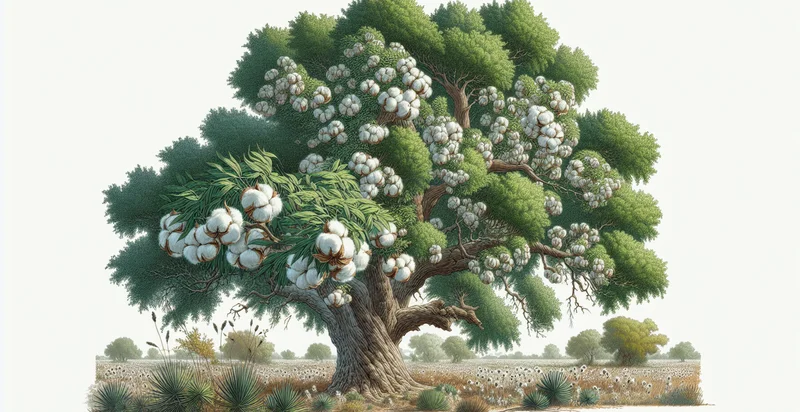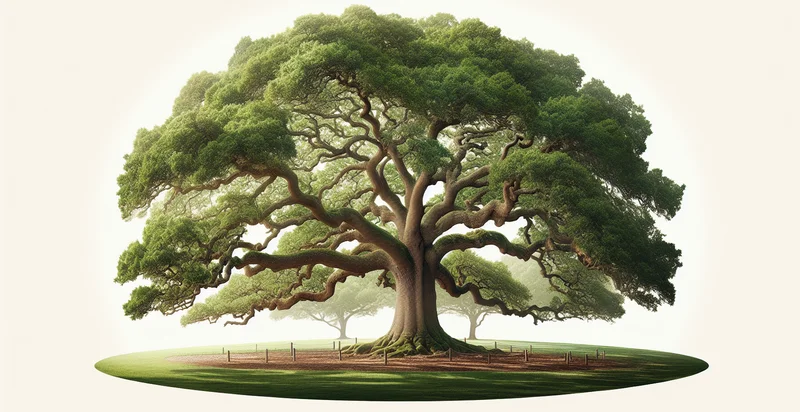Identify if tree is a larch
using AI
Below is a free classifier to identify if tree is a larch. Just upload your image, and our AI will predict if the tree is a larch - in just seconds.

Contact us for API access
Or, use Nyckel to build highly-accurate custom classifiers in just minutes. No PhD required.
Get started
import nyckel
credentials = nyckel.Credentials("YOUR_CLIENT_ID", "YOUR_CLIENT_SECRET")
nyckel.invoke("if-tree-is-a-larch", "your_image_url", credentials)
fetch('https://www.nyckel.com/v1/functions/if-tree-is-a-larch/invoke', {
method: 'POST',
headers: {
'Authorization': 'Bearer ' + 'YOUR_BEARER_TOKEN',
'Content-Type': 'application/json',
},
body: JSON.stringify(
{"data": "your_image_url"}
)
})
.then(response => response.json())
.then(data => console.log(data));
curl -X POST \
-H "Content-Type: application/json" \
-H "Authorization: Bearer YOUR_BEARER_TOKEN" \
-d '{"data": "your_image_url"}' \
https://www.nyckel.com/v1/functions/if-tree-is-a-larch/invoke
How this classifier works
To start, upload your image. Our AI tool will then predict if the tree is a larch.
This pretrained image model uses a Nyckel-created dataset and has 2 labels, including Larch Tree and Not Larch Tree.
We'll also show a confidence score (the higher the number, the more confident the AI model is around if the tree is a larch).
Whether you're just curious or building if tree is a larch detection into your application, we hope our classifier proves helpful.
Related Classifiers
Need to identify if tree is a larch at scale?
Get API or Zapier access to this classifier for free. It's perfect for:
- Forestry Management: The larch identifier can be integrated into forestry management systems to streamline the identification of tree species in various forest habitats. By accurately identifying larches, managers can assess the health and distribution of this specific species, aiding in conservation efforts and reforestation projects.
- Urban Planning: Urban planners can utilize the larch identification function to enhance green spaces in cities. Knowing the species can inform biodiversity strategies and help select suitable trees that thrive in urban environments while adding aesthetic value and improving air quality.
- Environmental Research: Researchers studying climate adaptation can employ the larch identifier to gather data on how larch populations respond to climate change. This information can contribute to studies on species resilience and inform conservation strategies targeting vulnerable ecosystems.
- Agricultural Management: In agroforestry systems, identifying larch trees can help farmers make informed decisions about crop-livestock integration. Using larches strategically can enhance soil health and support sustainable farming practices by providing shade and habitat for beneficial organisms.
- Ecotourism Enhancement: Ecotourism operators can leverage the larch identification feature for guided tours in forested areas. By educating visitors about larch trees and their ecological significance, operators can enhance the tourism experience while promoting conservation awareness.
- Biodiversity Monitoring: Conservation organizations can incorporate the larch identifier into biodiversity monitoring programs to track the presence and health of larch populations. This data is crucial for evaluating the effectiveness of conservation initiatives and funding applications.
- Automated Drone Surveys: The larch identifier can be integrated into drone technology for aerial surveys of vast forested areas. Drones equipped with this function can autonomously identify and map larch trees, significantly reducing the time and manpower required for forest assessments and inventory management.


